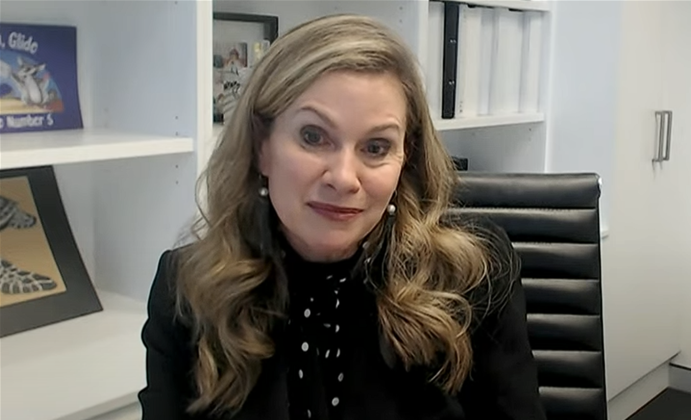Australian eSafety Commissioner Summoned to Appear Before US Congress
We independently review everything we recommend. When you buy through our links, we may earn a commission which is paid directly to our Australia-based writers, editors, and support staff. Thank you for your support!

Quick Summary
- Julie Inman Grant, Australia’s eSafety Commissioner, has been called by a US congressional committee.
- The discussion centers around Australia’s internet laws and their perceived risks to free speech in America.
- Officials in the US and tech leaders like Elon Musk have criticized Australia’s online safety laws.
- Key issues include a social media prohibition for users under 16 and past censorship incidents.
- Grant’s connections with Stanford University are being closely examined.
Introduction
A congressional committee in the US has summoned Julie Inman Grant, the eSafety Commissioner of Australia, to provide testimony about the nation’s strict internet laws. These regulations have caused international debate, especially regarding their potential effects on free speech in the USA.
Background on Australia’s Internet Legislation
Role of the eSafety Commissioner
In her capacity as eSafety Commissioner, Julie Inman Grant is vital in upholding Australia’s Online Safety Act. Her duties encompass addressing online safety risks and implementing new laws, including the social media ban for minors under 16.
International Backlash
Australia’s regulations have faced backlash from international tech firms, chiefly those from the US. Prominent individuals such as Elon Musk have openly condemned these policies, describing them as instruments of censorship and oversight.
Controversies and Legal Conflicts
Social Media Restrictions for Youth
This regulation, which will come into effect on December 10, intends to safeguard young users online but has faced criticism for its perceived excess and privacy concerns.
Accusations of Censorship
Jim Jordan, Chairman of the US House Judiciary Committee, has suggested that Grant jeopardizes American free speech through her enforcement efforts that purportedly exceed Australia’s jurisdiction. He pointed to a significant incident involving the removal of violent content linked to a stabbing at a Sydney church, which was initially ordered by the eSafety Commissioner.
Academic Connections and Oversight
Involvement with Stanford University
Grant’s association with Stanford University, specifically in assessing Australia’s social media regulations, has raised concerns. Critics suggest these links could sway the institution’s perspective on issues of free speech and censorship.
Conclusion
The appearance of Australia’s eSafety Commissioner before Congress underscores the continuing global challenges surrounding internet governance and free speech. As international regulations develop, the tension between online safety and expression remains a pivotal topic.
